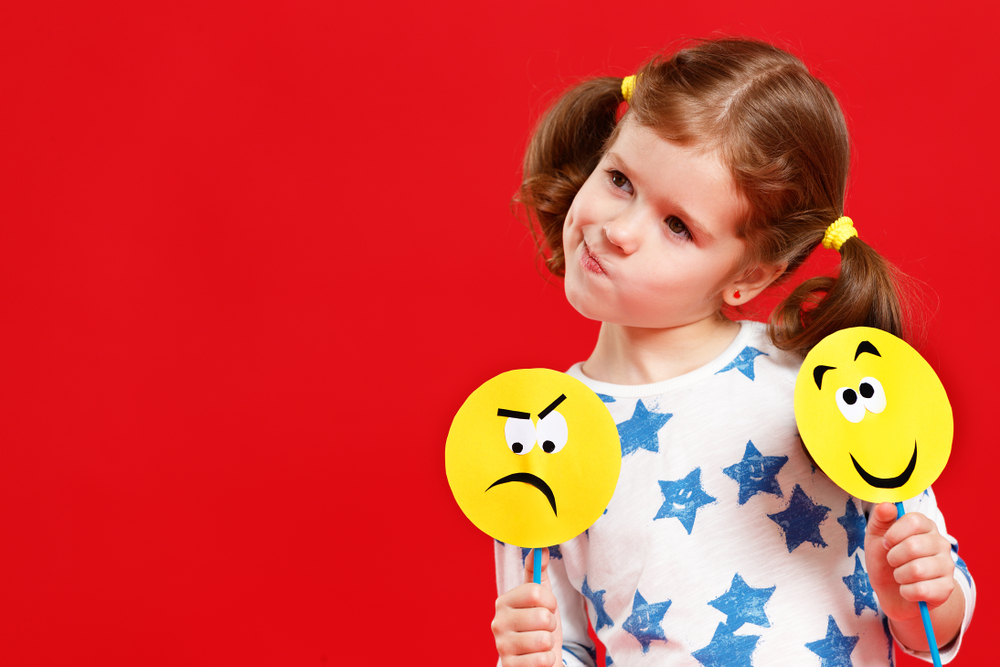Developing empathy Worksheets for Kids
2 filtered results
-
From - To
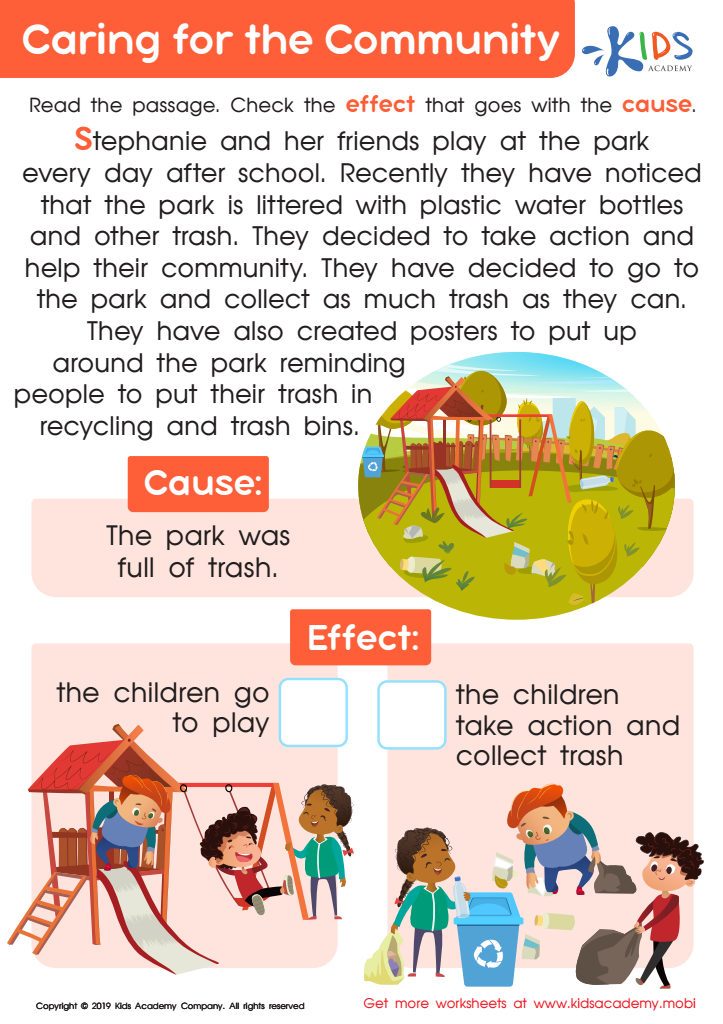

Caring for the Community Worksheet
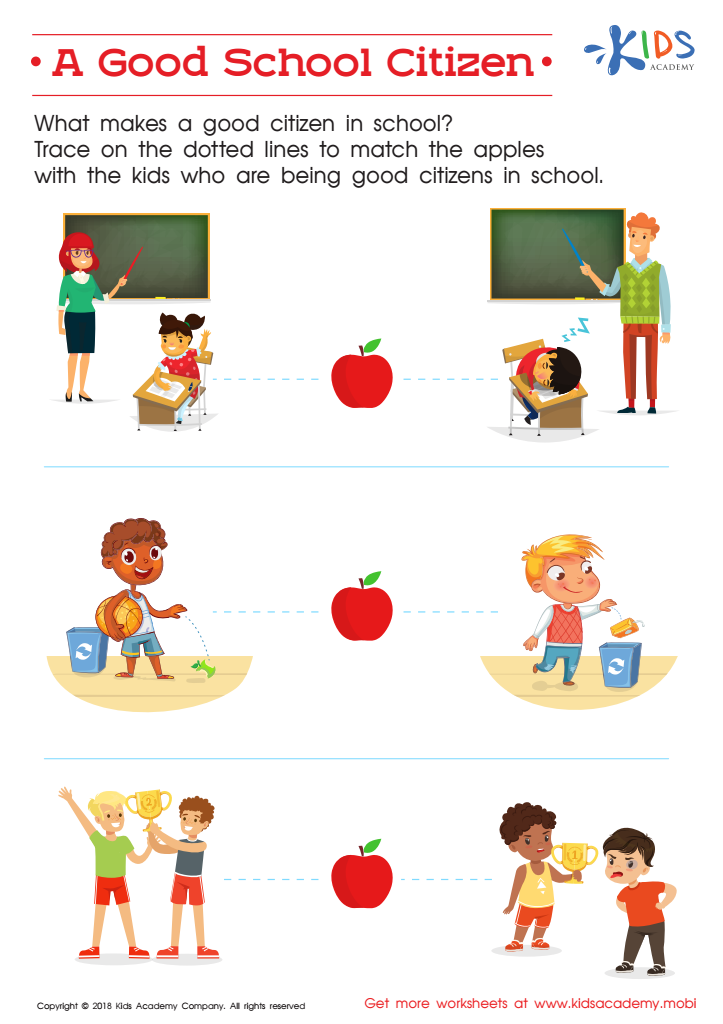

A Good School Citizen Worksheet
Question/Answer
How to test a Kindergarten student’s Developing empathy skills?
To test a Kindergarten student's developing empathy skills, observe how they interact in social situations. Look for instances where they recognize others' feelings, show concern, and attempt to comfort or help peers. Role-playing activities and story responses can also reveal their understanding of and reaction to others' emotions. Assessing their ability to take another's perspective is key.
How does the mastery of the Developing empathy skill affect a student's performance at an early age?
The mastery of developing empathy at an early age significantly enhances a student's performance by improving social interactions, collaboration, and understanding of diverse perspectives. It fosters a positive learning environment, reduces bullying, and increases emotional intelligence. Empathetic students are more likely to engage actively in learning and show higher academic achievement due to their enhanced communication and problem-solving skills.
What are some effective activities to train students’ Developing empathy skill when teaching them about Community?
Effective activities to train students' empathy skills in the context of community include role-playing exercises that allow them to experience different community members' perspectives, community service projects that involve direct interaction with diverse groups, reflective listening exercises to build understanding, story-sharing sessions focusing on diverse community experiences, and empathy mapping activities to explore and reflect on others' feelings, needs, and actions within the community.#$%
 Assign to My Students
Assign to My Students



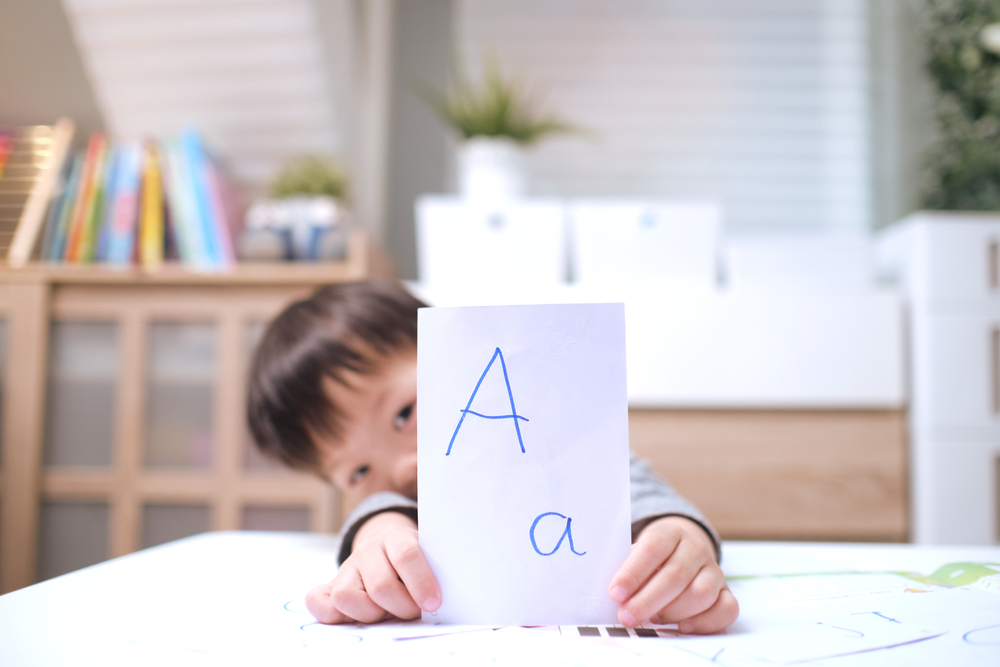
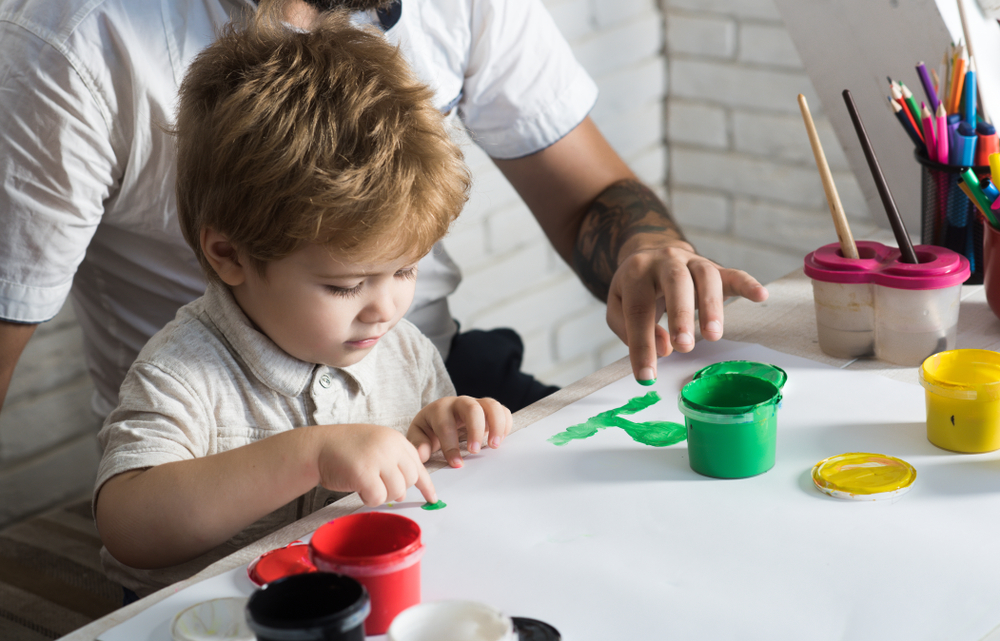
.jpg)
